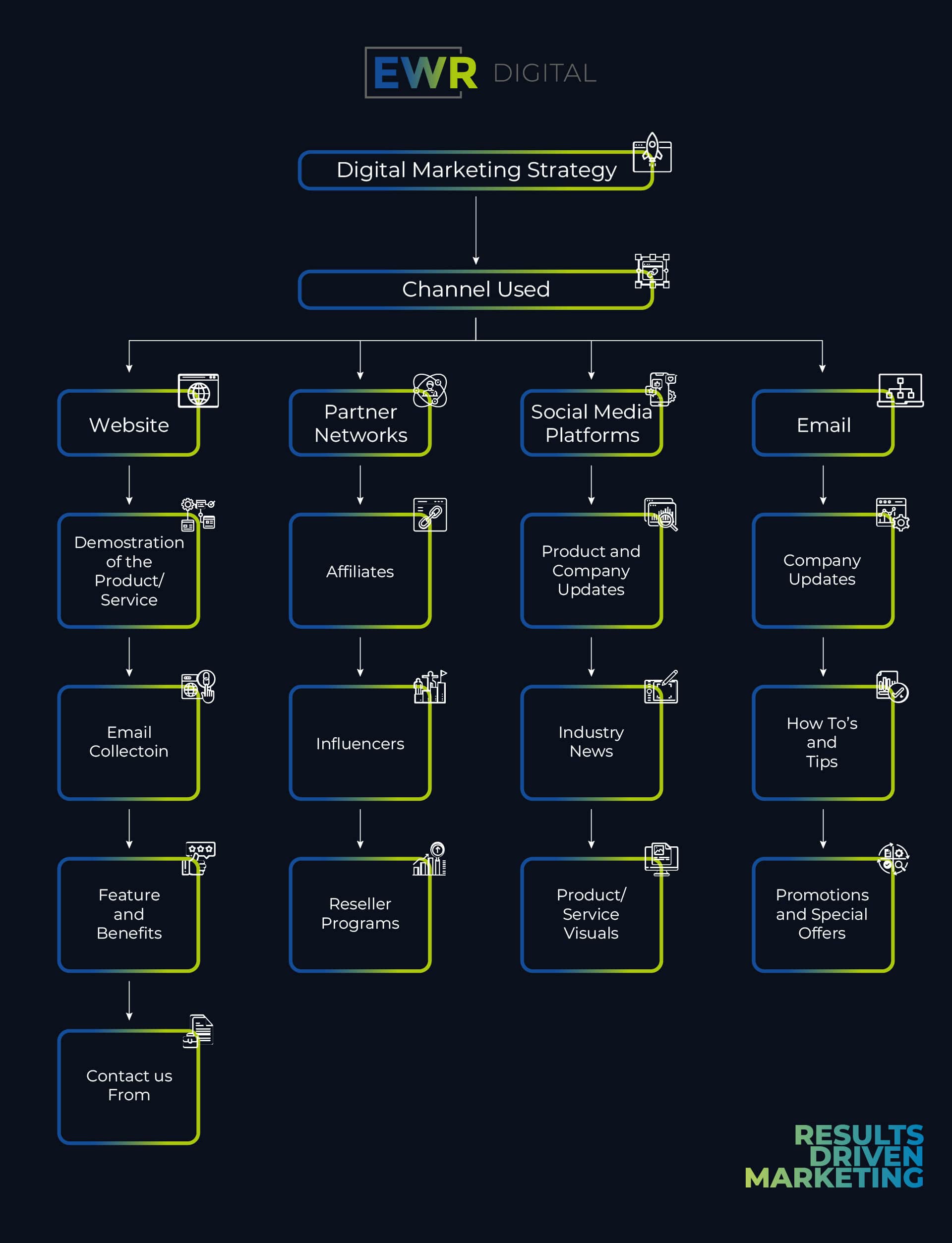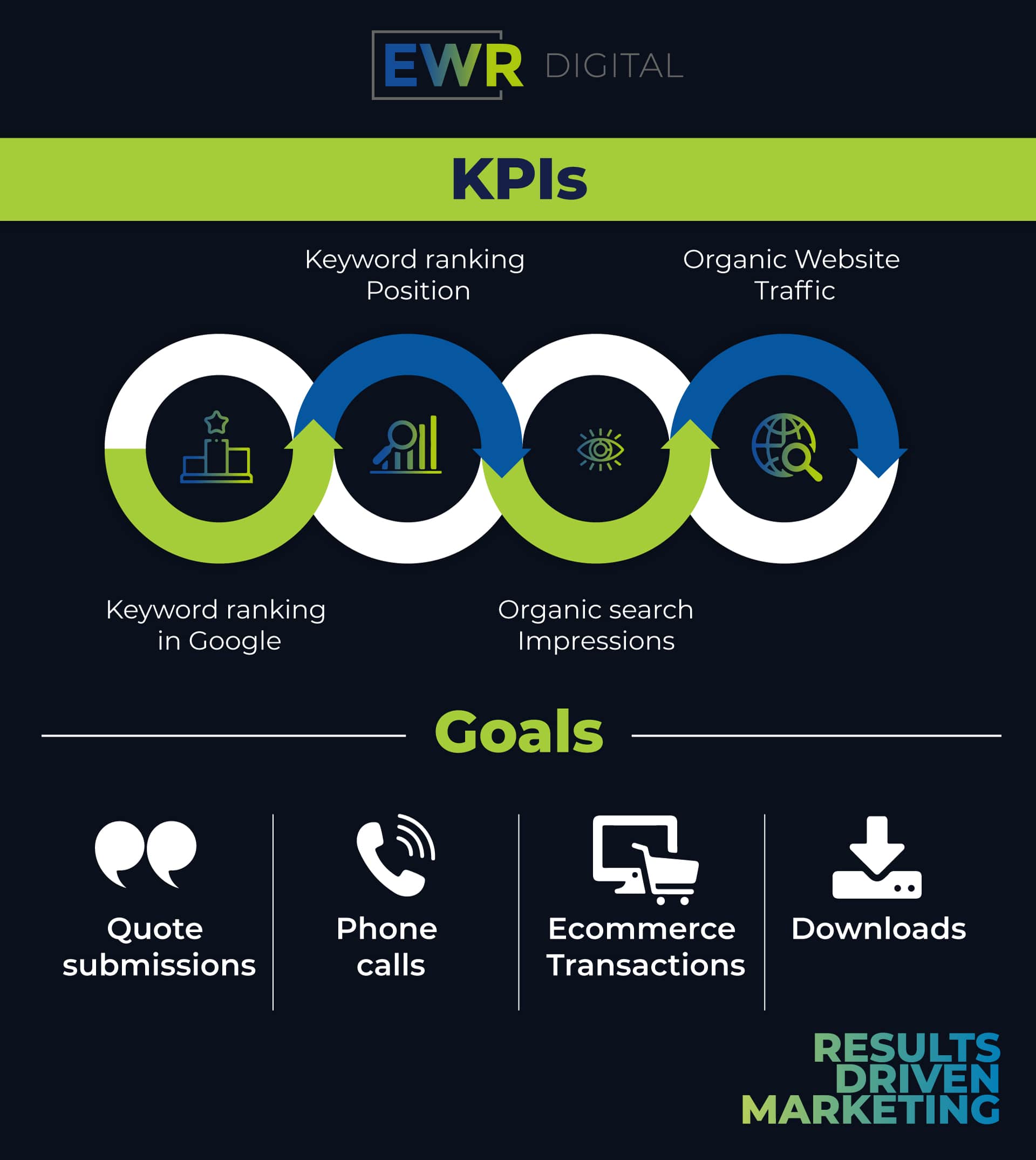
Alright, picture this: you’ve got these seasoned industrial brands, the ones that have been around for ages, churning out quality products with old-school craftsmanship. But here’s the twist: they’re now navigating the wild waters of e-commerce. Yep, we’re talking about integrating those time-honored names into the digital age. It’s like taking your favorite mom-and-pop shop and giving it a digital makeover. So, what exactly does that entail? Let’s dive in and uncover how these stalwarts of industry are bringing their A-game to the online marketplace.
Transforming Transactions: The Power of E-commerce Integration for Industrial Companies
In an era where digital transformations are reshaping industries, the integration of e-commerce solutions has become a game-changer for industrial companies. This blog explores the profound benefits of embracing e-commerce and offers insights into considerations for implementing a robust online purchasing system that propels industrial businesses into the future.
Benefits of E-commerce for Industrial Companies
Here are some stats to paint a clearer picture:
- E-commerce Growth: According to eMarketer, global e-commerce sales are projected to reach $5.4 trillion by 2022, with a compound annual growth rate (CAGR) of 16.8% from 2020 to 2025.
- B2B E-commerce Expansion: The B2B e-commerce market is also experiencing significant growth. Forrester Research forecasts that US B2B e-commerce sales will reach $1.8 trillion by 2023, accounting for 17% of all B2B sales in the country.
- Digital Transformation Impact: A study by McKinsey & Company found that companies that embrace digital transformation experience, on average, a 30% increase in customer satisfaction and a 20% increase in operational efficiency.
- Consumer Preferences: The pandemic has accelerated the shift to online shopping, with 40% of global consumers planning to increase their online spending even after the pandemic subsides according to Shopify.
- Legacy Brand Adaptation: Legacy brands that have embraced e-commerce integration have seen significant returns. For example, Procter & Gamble reported a 50% increase in online sales after investing in e-commerce initiatives.
Streamlined Procurement Processes:
E-commerce platforms simplify and streamline the procurement process for industrial companies. With an online system, businesses can manage inventory, place orders, and handle transactions with efficiency, reducing manual workload and potential errors.
Increased Market Reach:
Embracing e-commerce breaks down geographical barriers, allowing industrial companies to expand their market reach. By establishing an online presence, businesses can connect with a global audience, reaching potential clients and partners beyond traditional boundaries.
One of the beautiful things about e-commerce is that it levels the playing field for small businesses. With the right strategy and dedication, even the tiniest of shops can compete on a global scale.” – Unknown
Enhanced Customer Experience:
E-commerce platforms provide a user-friendly interface, making it convenient for clients to explore products, place orders, and track shipments. The enhanced customer experience fosters loyalty and satisfaction, crucial elements in the competitive industrial sector.
Real-time Inventory Management:
An effective e-commerce solution offers real-time visibility into inventory levels. This not only helps businesses maintain optimal stock levels but also prevents overstocking or stockouts, improving overall operational efficiency.
Data-Driven Insights:
E-commerce platforms generate valuable data and analytics. Industrial companies can leverage this information to gain insights into customer behavior, preferences, and market trends. Data-driven decision-making becomes a powerful tool for strategic growth and adaptation.
Real World Examples
General Electric (GE):
-
- General Electric, a multinational conglomerate with operations in various industrial sectors, has embraced e-commerce integration to streamline its procurement processes.
- Through its GE Supply Chain portal, the company offers an online platform for purchasing industrial products and services.
- This e-commerce solution has significantly improved efficiency by automating procurement tasks, reducing paperwork, and enabling faster order processing.
- By embracing e-commerce, GE has enhanced its competitiveness and adapted to the evolving digital landscape within the industrial sector.
Grainger:
-
-
- Grainger, a leading distributor of industrial supplies, has successfully implemented e-commerce solutions to serve its customers more effectively.
- The company’s online platform offers a wide range of industrial products, tools, and equipment, accessible to businesses of all sizes.
- Grainger’s e-commerce integration includes features such as personalized account management, bulk ordering capabilities, and streamlined checkout processes.
- By investing in e-commerce, Grainger has expanded its customer base, increased sales, and improved customer satisfaction by providing a convenient and efficient purchasing experience.
-
Considerations for Implementing an Effective Online Purchasing System
User-Friendly Interface:
Ensure that the e-commerce platform has an intuitive and user-friendly interface. Industrial clients, often dealing with complex products and specifications, should find it easy to navigate the website, locate products, and complete transactions seamlessly.
Integration with Existing Systems:
The e-commerce system should integrate seamlessly with existing enterprise resource planning (ERP) and customer relationship management (CRM) systems. This integration ensures a cohesive flow of information across different business functions.
Robust Security Measures:
Security is paramount in online transactions, especially in the industrial sector. Implement robust security measures such as SSL encryption to protect sensitive data. Clearly communicate these security features to instill confidence in clients.
Mobile Responsiveness:
Industrial professionals are often on the move. Ensure that the e-commerce platform is mobile-responsive, allowing clients to access and use the system efficiently on various devices. This flexibility enhances the overall user experience.
Customization for Industrial Needs:
Tailor the e-commerce solution to cater to the specific needs of the industrial sector. Consider factors such as bulk ordering options, product configurations, and specialized pricing structures to accommodate the unique requirements of industrial clients.
Empowering Industrial Companies for the Digital Age
The integration of e-commerce solutions is not merely a technological upgrade; it’s a strategic move toward efficiency, growth, and customer-centric operations. By recognizing the benefits of e-commerce for industrial companies and carefully considering the implementation of an effective online purchasing system, businesses can position themselves at the forefront of digital innovation. Embrace the transformative power of e-commerce to streamline processes, enhance customer relationships, and propel your industrial company into a new era of success.

